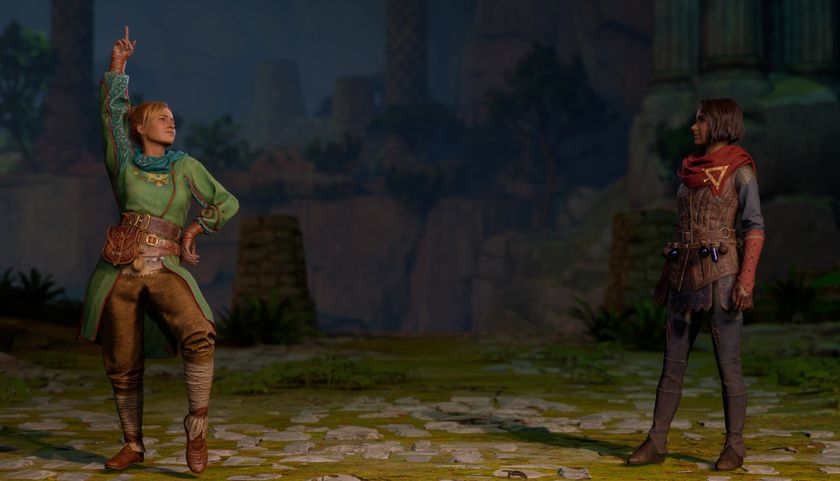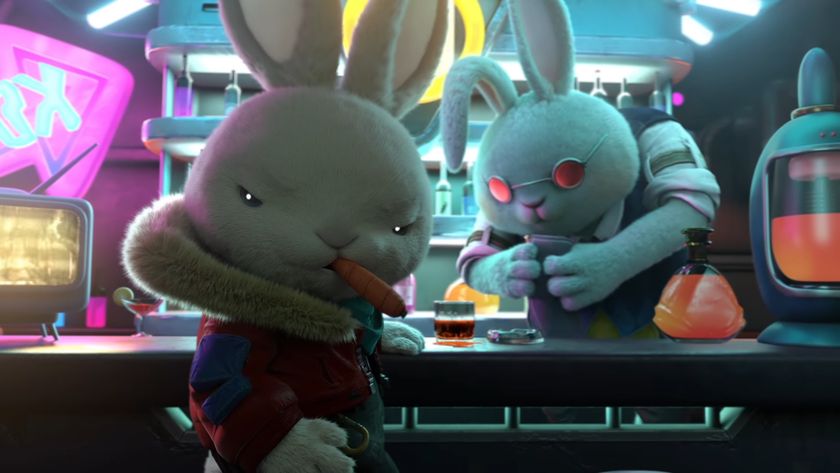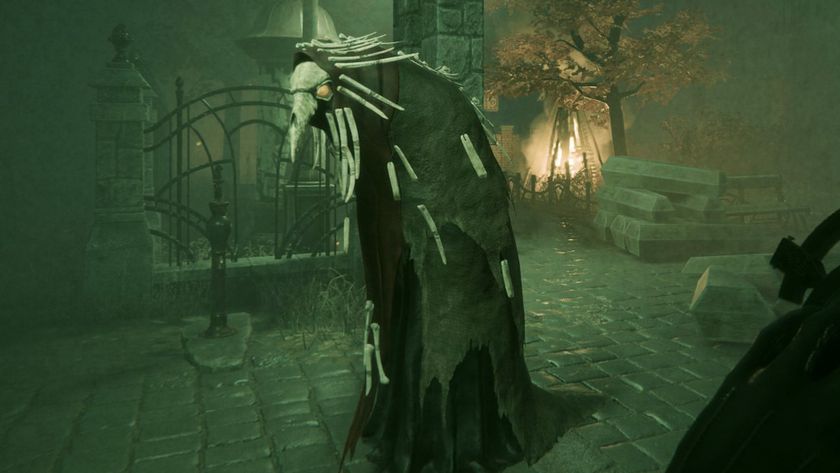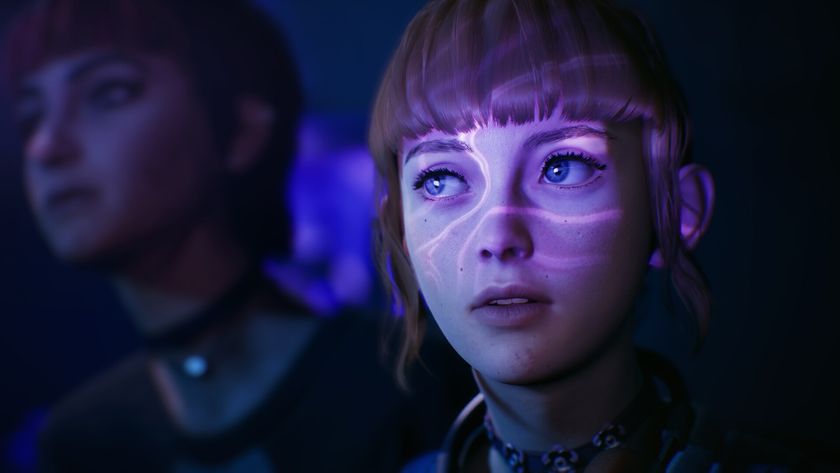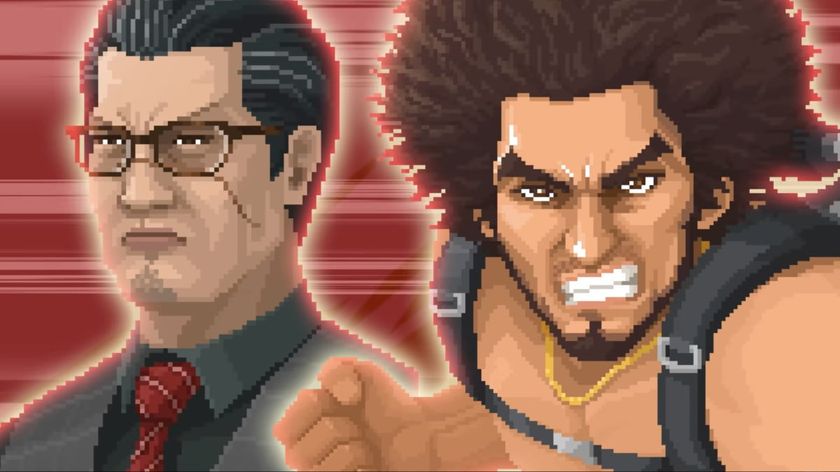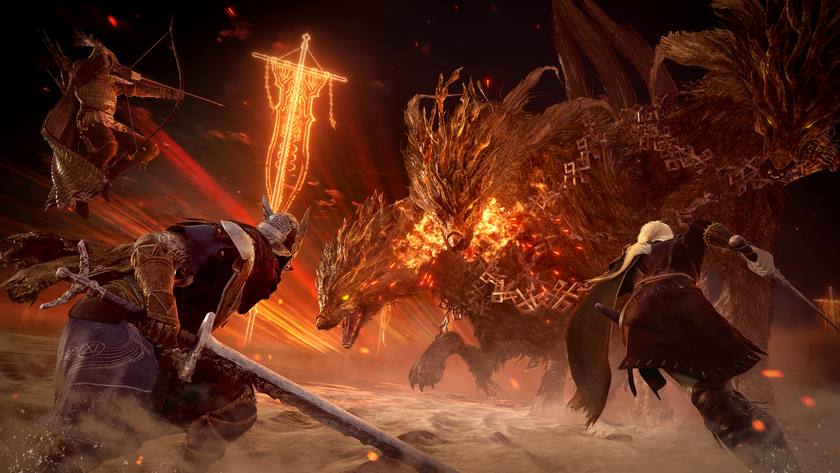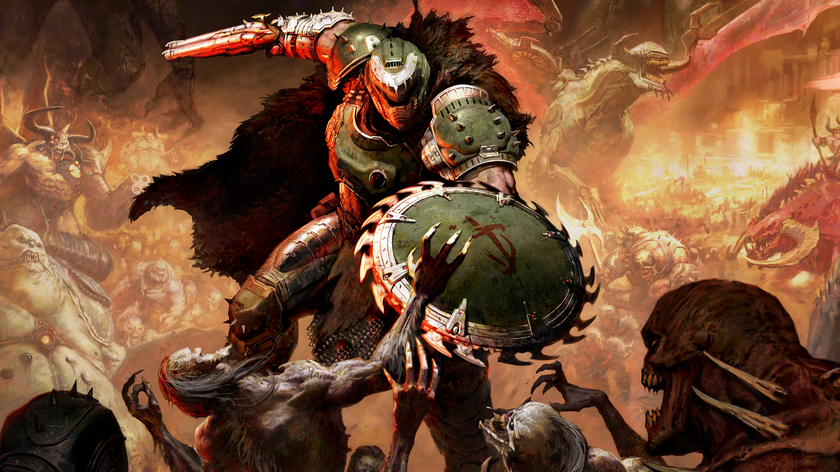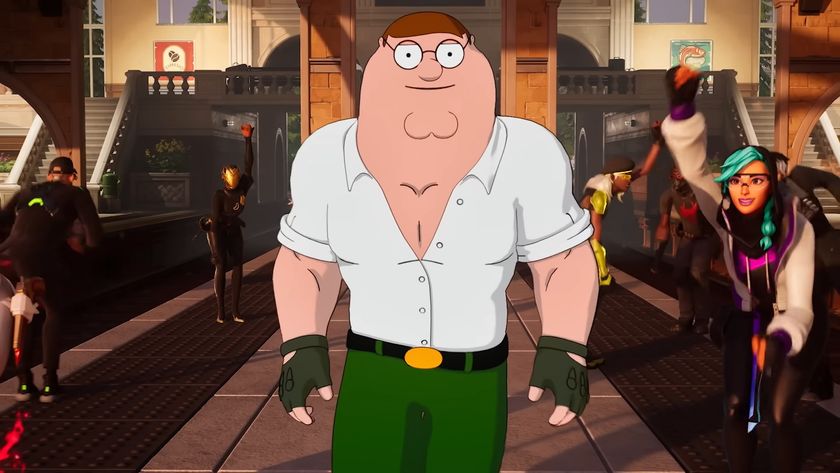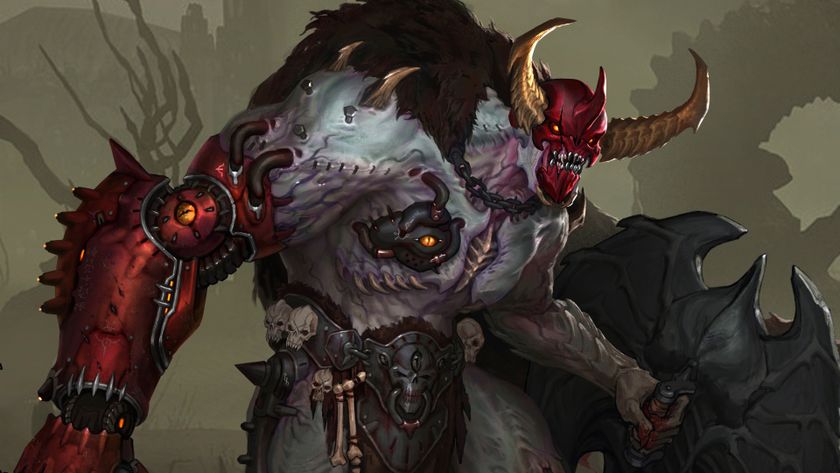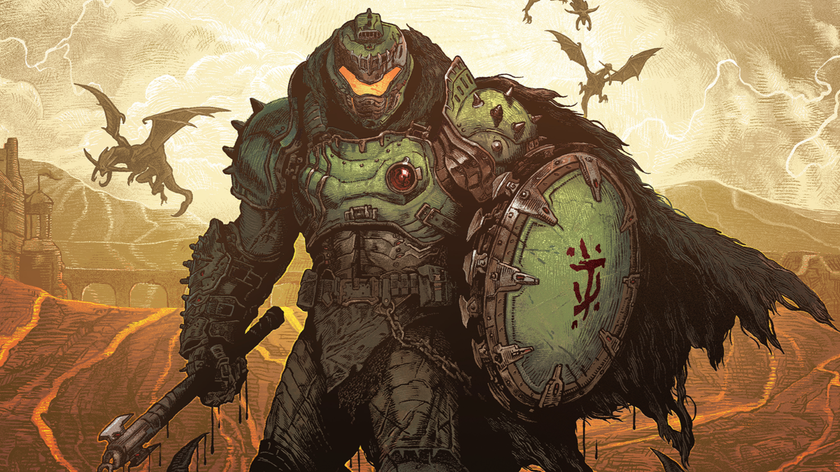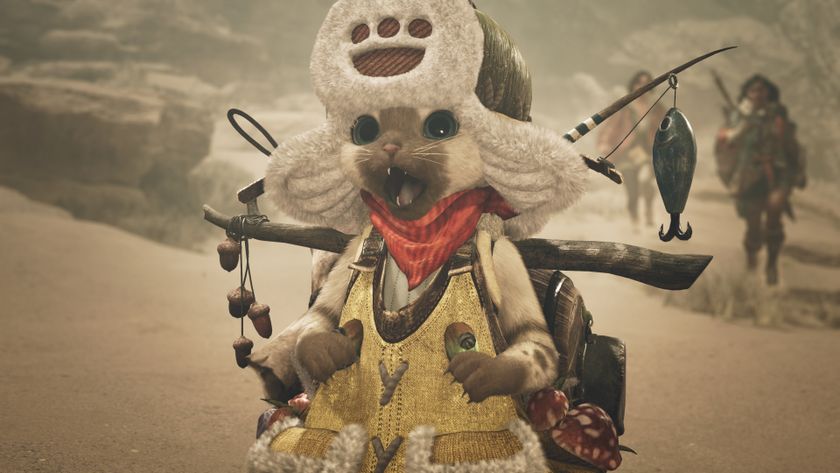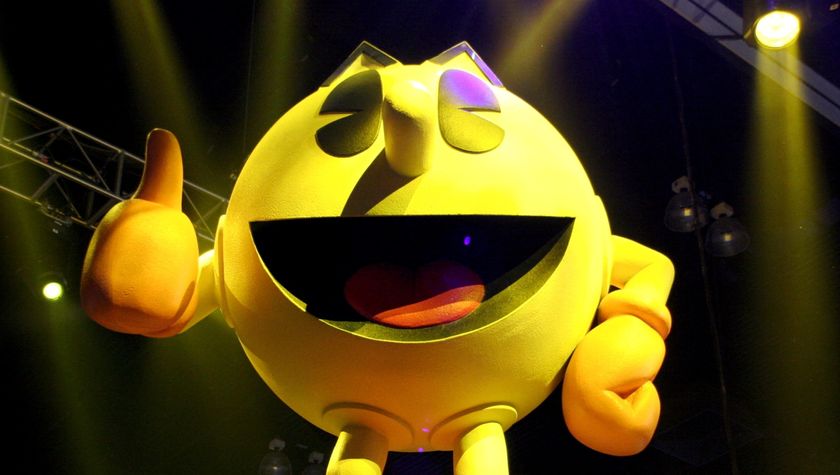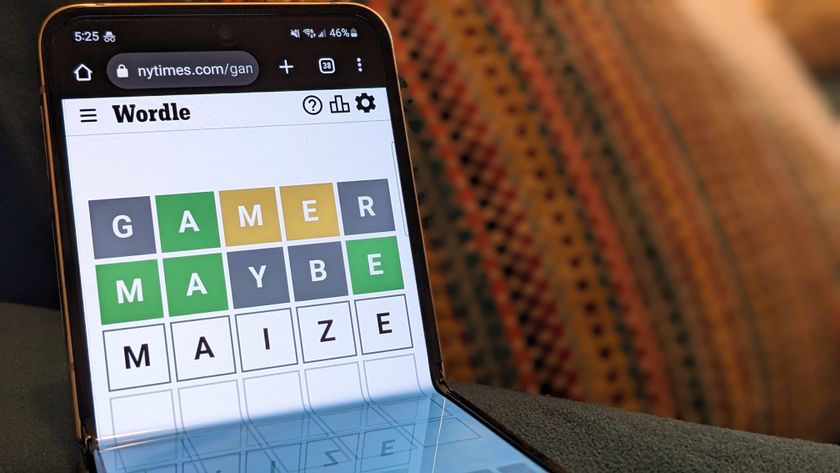'We're going dark for the next few months,' says Dear Esther studio The Chinese Room
"Firstly, it’s not the end, just a pause."

The Chinese Room—the studio behind the likes of Dear Esther and Everybody's Gone to the Rapture—has laid off all but three of its staff, "going dark for the next few months."
As outlined in this blog post by co-founder Dan Pinchbeck, the decision comes as a result of development, financial and health complications—the sum of which made running the studio in its current form untenable. Now, just Pinchbeck, Jessica Curry and Andrew Crawshaw remain, with all residual staff parting ways following the launch of its Google Daydream VR venture So Let Us Melt.
"Lay-offs are never pleasant, particularly when you're all trying to wrap a game. We did our best to try and help the team secure new positions, and then we all—the whole team—threw everything we had at wrapping the game," explains Pinchbeck. "It didn't feel fair to anyone, least of all people who had spent a year working on a project, to have its completion and release overshadowed by news about the studio closing, so we've held off on the announcement until we felt we were clear of all of that."
Pinchbeck continues, suggesting this isn't the end for The Chinese Room but that it's "just a pause" in its lifeline. Pinchbeck, Curry and Crawshaw are still working on The 13th Interior, and its other project Little Orpheus will enter its prototype phase later in the year. Pinchbeck says he and his team will still be around, but just not as a fully-active development team for the foreseeable future.

"We’re essentially artists, Jess and I, who made a hit game without realising it, and became a studio faster than we planned for," Pinchbeck adds. "And it’s been an amazing few years where we’ve made and released games we’re very proud of, and we’ve worked with great people and made great friends. But we’re makers, fundamentally, and our roles were increasingly making it very difficult to be practically involved in doing the things we love and we started the company to be able to do. We’re taking time to figure that out; how we get to be creatives, not managing directors.
"That’s a whole other job and skill set and lots of people do it really well and love doing it. But it’s not for us—it just led to stress and burn-out and a desperate need to actually make stuff again—whether that’s art, music, games, writing. So this break is a chance to reconnect with all of that, and we figure we’ve earned that time… Is it the end of The Chinese Room? No, I don’t think so. But it’s the end of a chapter, and we hope you can all be patient with us whilst we figure out what happens next."
Thanks, Gamesindustry.biz.
The biggest gaming news, reviews and hardware deals
Keep up to date with the most important stories and the best deals, as picked by the PC Gamer team.
